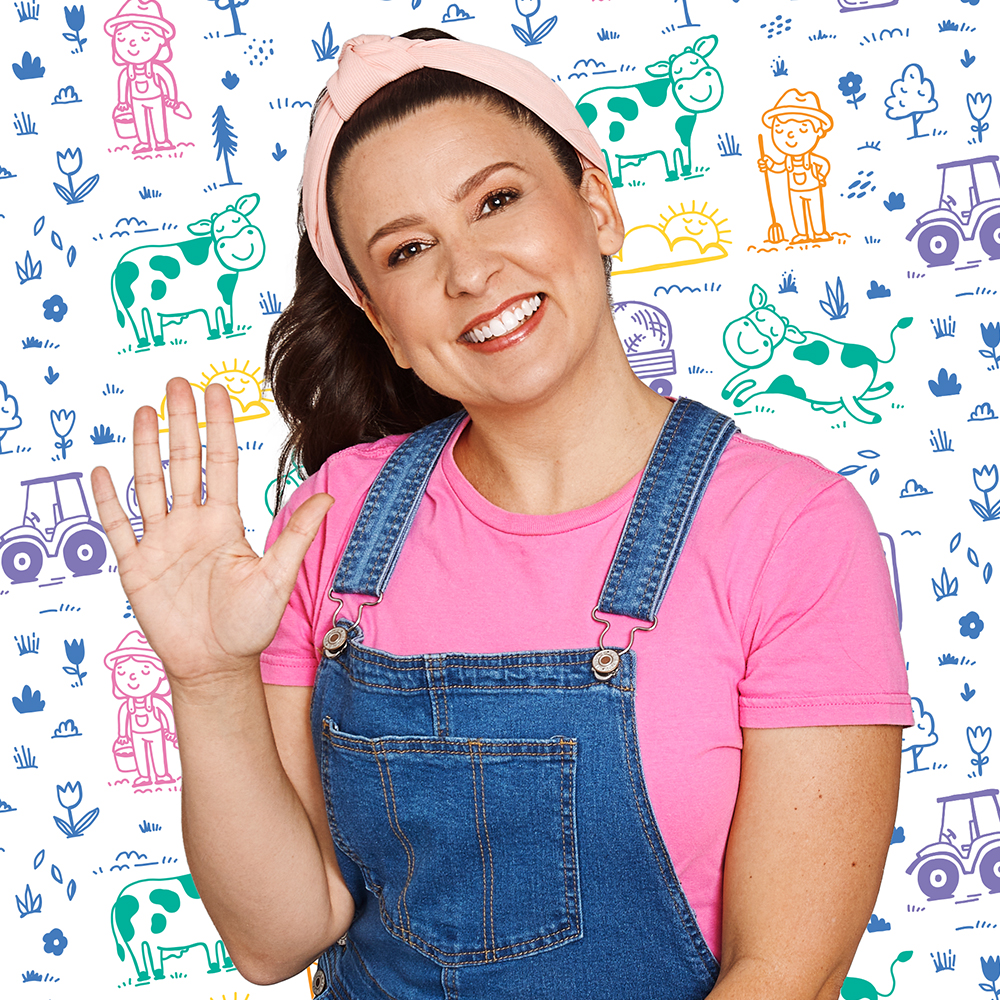Developing Healthy Eating Habits Early
April 7, 2017
webmaster@push10.com

After breast milk and formula, what’s next? It can be stressful for new parents to begin introducing other foods and solids and over half of parents surveyed report feeling overwhelmed by the varying opinions on early childhood nutrition*. Once you overcome that initial stress, take pride in knowing that you’re not only providing for a baby’s current nutrient needs, you’re also developing those all-important healthy eating habits. Yes, healthy eating starts now! Creating a love of healthy foods at a young age can grow into a lifelong habit, and with a go-to list of nutritious and safe options, you can turn feeding time from stressful to fun!
As you transition away from breast milk, it’s important to ensure your baby is still receiving all of those same nutrients. Dairy is packed with calcium, vitamin D and DHA for their growing bodies and brain development, but babies under the age of one should not drink regular cow’s milk. However, great news – babies as young as six months can eat yogurt. Not only is it a nutritious option, you’ll find that infants love yogurt! Choose a brand made with whole milk, like Stonyfield Organic YoBaby®, the #1 Pediatrician Recommended yogurt for babies 6 months to 2 years among refrigerated yogurts.** Start by giving babies 2 tablespoons three to four times a week, and increase as they’re ready to eat more
What else should you be looking for at the grocery store? My list of Foundation Foods is a great place to start. It’s packed with nutritious foods and makes it easy for Mom and Dad to create balanced meals. If you’re surprised to see certain items (like nut butters) on the list, don’t fret! New research shows that introducing allergenic foods early may actually help reduce your baby’s risk of developing allergies.
My Foundation Foods are:
- Eggs
- Prunes
- Avocados
- Fish
- Yogurt
- Cheese
- Nut Butters
- Chicken
- Beans
- Lentils
- Berries
- Green Vegetables
- Whole Grains (pastas, toast, crackers, wild rice)
For the youngest babies consistency is important! Make sure foods are mashed, pureed, or diced small enough to be safe. The form of the foods will change as babies get older but the foundation will stay the same. An infant’s yogurt and mashed berries becomes a smoothie as they turn into toddlers and shredded chicken with pureed spinach will become a healthy quesadilla once you introduce more solids. It’s easier to start with good eating habits than to try and break bad ones down the road. As always, check with your pediatrician before feeding these foundation foods and modify as needed to accommodate any food allergies.
Disclaimer: The views and opinions expressed in this post are solely that of the author and do not necessarily reflect the opinions and views of Stonyfield. The content provided and in any linked materials are not intended and should not be construed as medical advice. If you have any questions about health or nutrition, we always think it’s best to consult with your doctor or healthcare practitioner.
*Survey Methodology: ORC International conducted this research on behalf of Stonyfield via an online survey of among 1,016 parents of a child two years of age or younger, fielded August 23-29, 2016.
**IQVIA ProVoice Survey, 12/01/15-08/31/20


